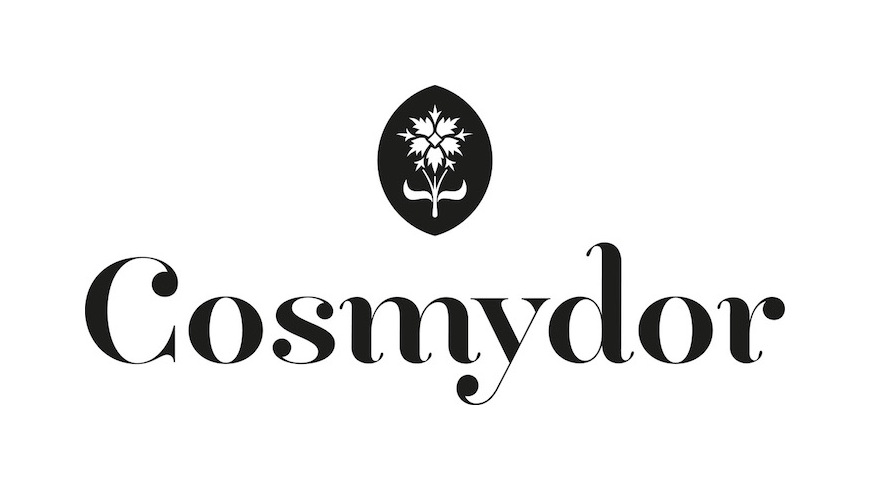Botanical Regenerating Face Cleanser with Ylang-Ylang


Botanical Regenerating Face Cleanser with Ylang-Ylang
A true skincare to use as a first step of your morning and evening rituals.
Recommended for all skin types, it allows deep and gentle facial cleansing. It perfectly removes accumulated impurities and ensures an impeccable cleansing, its high concentration in vegetable oils guaranteeing simultaneous skin hydration.
The effect of ylang-ylang, combined with the borage and olive oils, and benzoin, helps to soothe and regenerate the skin, which regains its elasticity.
Content
100ml 3.38fl.oz
Texture: Similar to a thick liquid soap, it requires about 30 seconds of massaging for optimal skin cleansing, before through rinsing with water (always avoiding eyes).
[Thick - Medium - Light]
VEGAN BOTANICAL REGENERATING FACE CLEANSER WITH YLANG-YLANG
Aqua (water), cocos nucifera oil (coconut oil)*, ricinus communis seed oil (castor bean oil)*, olea europea fruit oil (olive oil)*, potassium hydroxide, borago officinalis seed oil (borage vegetable oil)*, sodium chloride, cananga odorata flower oil (ylang-ylang essential oil)*, alcohol, styrax tonkinensis resin extract (benzoin resin extract)*, benzyl benzoate, benzyl salicylate, farnesol, geraniol, linalool.
*Organic ingredient
Virgin oil/butter obtained by cold pressure
”Contains soap. Avoid eye contact. If contact occurs, rinse thoroughly with clean water."
MORE DETAILS ON THIS REGENERATING FACE CLEANSER’S FORMULA
Cocos nucifera oil (coconut oil)
Coconut oil is obtained by expression from the dried inner flesh of the coconut, Cocos nucifera. Coconut oil is high in protective antioxidants and antibacterial fatty acids. It suits all skin types and is light, non-greasy and rapidly absorbed giving deep hydration and conditioning to skin, scalp and hair. Research shows it can improve skin elasticity helping prevent premature ageing and wrinkle formation.
Ricinus communis seed oil (castor bean oil)
Castor bean oil is a vegetable oil known to be effective at healing inflamed skin, reducing acne, fading blemishes and stretch marks, preventing stretch marks and pigmentation, moisturising skin fighting the different visible signs of ageing. It also helps formulas maintain a smooth consistency in a variety of climate conditions.
Olea europea fruit oil (olive oil)
Olive oil is very rich in fatty acids and antioxidants. Olive oil is well known for its virtues of hydrating and restoring the skin's hydrolipidic film, elasticity and suppleness.
Potassium hydroxide
It is the lye component used for liquid soaps and is completely eliminated during the soap-making process (saponification).
Borago officinalis seed oil (borage vegetable oil)
Naturally rich in vitamins A and E, and Omegas 3 and 5, borage is recommended for dry skin, itching, and skin disorders with inflammation, due to the high proportion of gamma-linolenic acid, as a gamma linolenic acid deficiency can result in itching and dry skin. It has a positive effect on the barrier function of the epidermis. It improves skin appearance, primarily if the skin is dry and scaly.
Sodium chloride
Table salt is used as a blooming agent of our emulsions.
Cananga odorata flower oil (ylang-ylang essential oil)
Ylang-ylang is well known for its stimulating properties and is particularly useful as a tonic for the circulatory system and to help with the stresses and strains of everyday life on your skin. It will balance areas with uneven skin tone.
Alcohol
We do not use alcohol as an ingredient as it dries the skin, however, there is a small quantity in this formula, as it is used to extract the benzoin resin.
Styrax tonkinensis resin extract (benzoin resin extract)
Styrax benzoin is a species of the evergreen tree. Its main benefits include its antiseptic, anti-inflammatory and astringent properties, as well as protecting the skin by forming an invisible film that prevents moisture loss, improving skin’s elasticity and smoothing it.
Benzyl benzoate, benzyl salicylate, farnesol, geraniol, linalool
These are not ingredients in the formula, but naturally occurring allergens mostly from essential oils which have to be indicated on packaging over a certain threshold as per European regulations. According to the European Scientific Committee on Consumer Safety (SCCS), 1% to 3% of the European population may be allergic to these natural substances.












